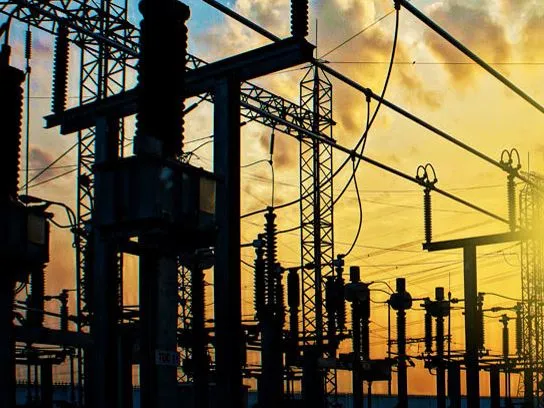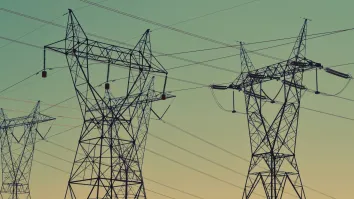
Urgent reform needed to achieve energy sector transformation in India: analyst
Renewables sector should stop expecting "special advantages".
The Indian power sector is in early stages of transformation from coal-centric generation to variable renewable power generation. This transformation will pose several daunting commercial and technical challenges for both policy makers and market players, according to Bridge to India.
It will also inevitably result in growing incidence of grid curtailment of renewable power, as seen worldwide, for a variety of reasons. It is time to institute a sweeping range of both demand and supply sides regulatory reform for effective management of the grid and providing long-term visibility to private sector investors.
Here's more from Bridge to India:
As renewable capacity grows, capacity utilisation for conventional power fleet could start touching 50% by 2021-22 assuming all renewable power output is evacuated; In an era of cheaper renewables, we need to move away from the ‘must run’ incentivised structure to a comprehensive reform of pricing, grid utilisation and related ancillary services.
As renewable power becomes more mainstream, it should stop expecting special advantages and compete on equal terms.
A back-of-the-paper calculation shows that if India realistically adds a combined wind and solar power capacity of 110 GW by 2021-22 and power demand grows by 5% annually, capacity utilisation for conventional power fleet would drop below 50% at various times in the year, much lower than the critical rate of 55%.
High growth in solar capacity addition in conjunction with India’s evening peak demand profile will add further to the woes of grid management.
There are several plans to enhance transmission infrastructure and introduce grid-level battery storage to address the increasing renewable penetration. Current regulatory approach to tackling this risk is predicated almost entirely on providing ‘must run’ status – priority access to the grid – to renewables.
This simplistic approach has been very helpful to the renewable sector but is becoming untenable as it ignores the interests of conventional power generators, transmission companies and DISCOMs. There are already many instances of DISCOMs backing down renewable power for various commercial and technical reasons.
In an era of cheaper renewables, we now need compensatory mechanisms for backing down and ramping up conventional power. Developing an effective and economically sound ancillary grid services market should also be a priority.
Power tariff structures in India are rigid and need to evolve to ‘time of use’ pricing to shift customer behavior. Backing down of renewables may become unavoidable in future, so there is a growing clamour for renewable power to have a two-part tariff and do away with the ‘must run status’. However, this needs proper planning and consultation with the private sector so as to avoid a repeat like the coal linkage mess that we saw in the thermal power sector recently.
As renewable power becomes more mainstream, it should stop expecting special advantages and compete on equal terms. Recent Rewa tender allows deemed generation compensation for evacuation risk beyond a specified limit. Sector regulators need to take the lead and work closely with the industry to develop more innovative and workable tariff structures for sustainable long-term growth of the sector.



















 Advertise
Advertise





